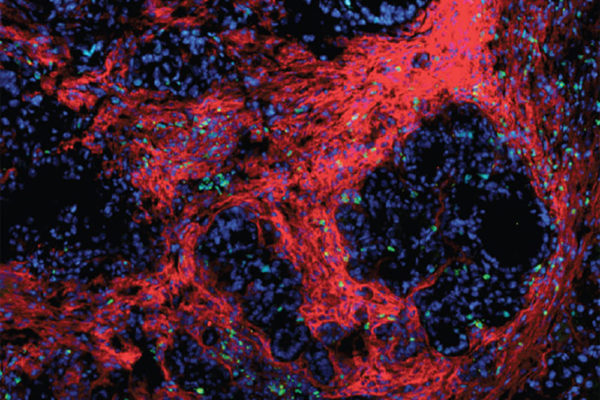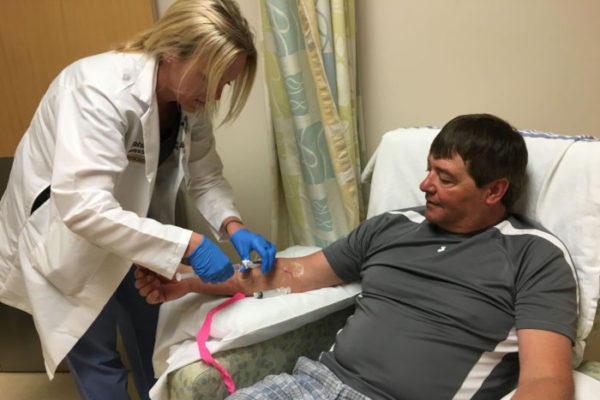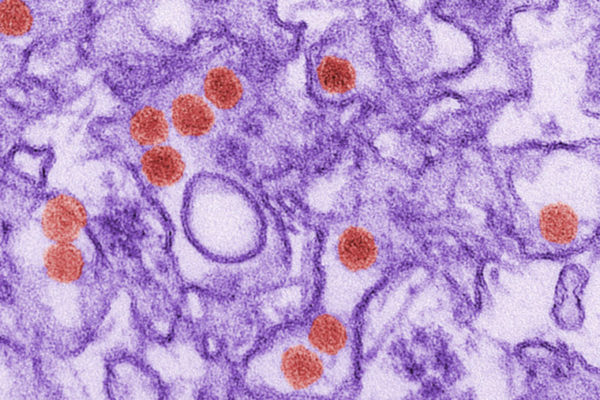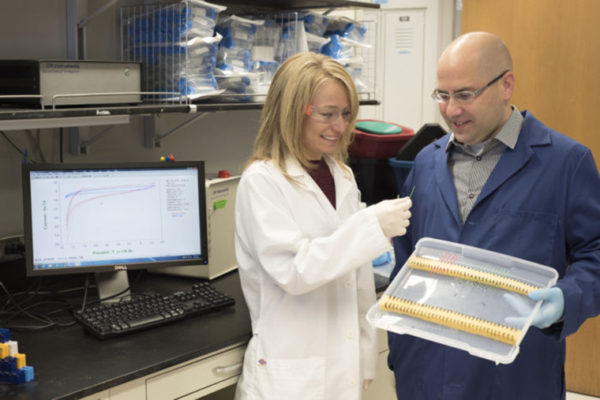Immune-based therapy in mice shows promise against pancreatic cancer
A new School of Medicine study in mice has shown that immunotherapy against pancreatic cancer can be effective when given in conjunction with drugs that break up the fibrous tissue in these tumors.
Falls in months before surgery are common in adults of all ages
In a large study of 15,000 adults undergoing elective surgery, researchers at the School of Medicinefound that falling up to six months before an operation is common and often causes serious injuries — not only in elderly patients but across all age groups. Surprisingly, middle-aged patients fell slightly higher than those 65 or older.
Preventing superbugs, infections in health-care settings
Buoyed by a $5.1 million grant, researchers at Washington University School of Medicine in St. Louis will study novel strategies to reduce infections acquired in health-care settings and to limit the spread of dangerous antibiotic-resistant bacteria. The funding is part of $26 million awarded by the Centers for Disease Control and Prevention (CDC) to five academic medical centers as part of a patient-safety effort known as the Prevention Epicenters Program.
Memory loss caused by West Nile virus explained
New research from the School of Medicine shows that long-term neurological problems in those with West Nile Virus may be due to the patient’s own immune system destroying parts of the neurons in the brain. It suggests that intervening in the immune response may help prevent brain damage so patients can recover.
$4 million grant expands major study to find Alzheimer’s prevention treatments
The School of Medicine has received a $4.3 million award from the Alzheimer’s Association to expand a major international clinical trial evaluating whether drugs can prevent Alzheimer’s disease in patients genetically predisposed to develop the devastating disease at a young age.
Psychiatric help for families prevents continuing child abuse, neglect
Researchers at the School of Medicine have found that a program aimed at helping abused and neglected children and their families is improving outcomes for kids and providing children with stable home environments as their cases move through the courts.
Potential drug target identified for Zika, similar viruses
A team at Washington University School of Medicine in St. Louis has identified a single gene pathway that is vital for Zika and other flaviviruses to spread infection between cells.
Pregnant women’s high-fat, high-sugar diets may affect future generations
New research from the School of Medicine suggests that mothers who eat high-fat, high-sugar diets can predispose multiple generations to metabolic problems, even if their offspring consume healthy diets.
Age, obesity, dopamine appear to influence preference for sweet foods
As young people reach adulthood, preferences for sweet foods typically decline. But for people with obesity, research from the School of Medicine suggests that the drop-off may not be as steep and that the brain’s reward system operates differently in obese people than in thinner people. The findings are published in the journal Diabetes.
New insight into role of amyloid beta in Alzheimer’s disease
New Alzheimer’s disease research details a technique that speedily measures levels in the brain of a damaging protein fragment, and insight into why mutations in a specific gene increase the risk of developing the disease. Both studies, from researchers at Washington University School of Medicine in St. Louis, are available online in The Journal of Experimental Medicine.
Older Stories









